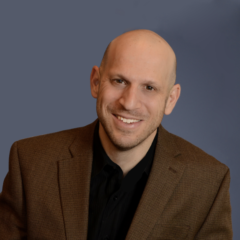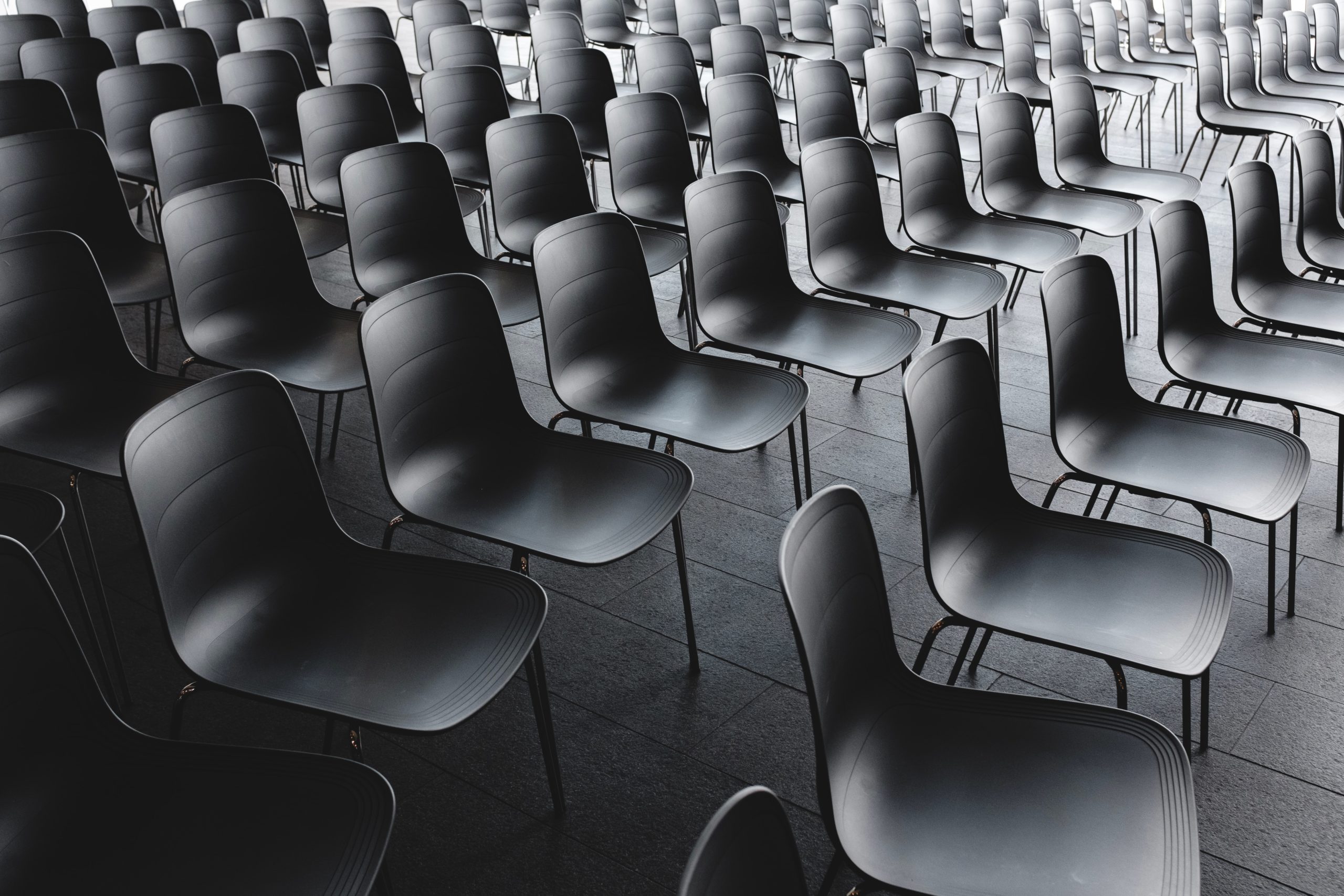In the Babylonian Talmud (Brachot 6b) the rabbis state “Anyone who establishes a set place (makom kavua) for their prayer, the God of Abraham will be a help to them.”
Riffing on this, a teacher of mine once made a more emotional case for keeping a makom kavua. She said if you are in the same place each day, on the days you don’t show up, the Holy One will see you are missing and know to worry about you.
This image of a loving God who scans the room for every one of us makes me feel cared for. I love the idea of a God who doesn’t automatically know where you are but needs a protocol to be caring.
What was the Holy Oneness thinking when, in March 2020, we didn’t show up to our set places? When one day we were at our desks, by the water coolers, in the conference rooms, in board rooms, and then… WHAMO!!!!! There was a worldwide pandemic, and no one was in their set places. I hope that when God saw that our desks were empty, God said, “Where are they?” And for Jewish leaders in particular who are blessed to serve the world through the Jewish people, maybe God got worried for us and said, “Is anybody taking care of this people?”
For two years we were not in our makom kavua. Many of us established new ones, in our homes, in front of a computer. For a while we saw what each other’s houses looked like. Then we were wowed by our very cool fake backgrounds. And then it all became a blur. We were done with beaches and palm trees and other contrived backgrounds that made my big bald melon disappear at random times, and we just blurred out the background. In our new set places, God relearned where we were, but our backgrounds became a blur to one another.
What a metaphor! We left our set places with one another and eventually our backgrounds – that is, all that makes us whole people and leaders – got blurry.
Many of us are now “back in the office.” God knows where to look for us now (and still finds some of us in our living rooms). And we have to re-learn how to not be blurry to one another.
This is exhilarating and scary. During this pandemic when God was looking for me at my desk, I learned to cultivate my suppressed internal introvert. I got good at quiet, and I found peace in the blur. But something was missing. For me, it was the chance for moments of transcendence that could only happen in the presence of other people, when we see each other and our backgrounds, our full selves, clearly and without the blur.
God had to re-relearn where I was, and I had to relearn how to invite transcendence back into my life and work. Sure, I was bummed that I have a commute again (though, to be fair, I am dealing with Columbus “traffic” and not my old LA snarl – so I got that going for me). And I was thrilled to save on dry cleaning. But in the end, being with my colleagues and seeing them and their backgrounds clearly is a good thing for me.
The magic of what we do for the Jewish world happens in the in-betweens, which are more likely to occur extemporaneously, by accident, and in person. I am blessed that transcendence happens on occasion at my work. Joy and compassion are more likely to break through in person. Like God models for us, when one of my beloved colleagues is not in their makom kavua, I am given the opportunity to look for them, be concerned for them, and be curious about what is going on in the background. How wonderful.

Get to know the author
Or Mars (WGF/DS 6) is a Vice President of The Wexner Foundation.

